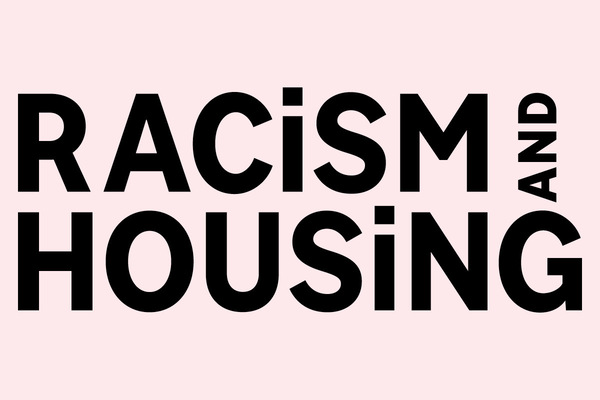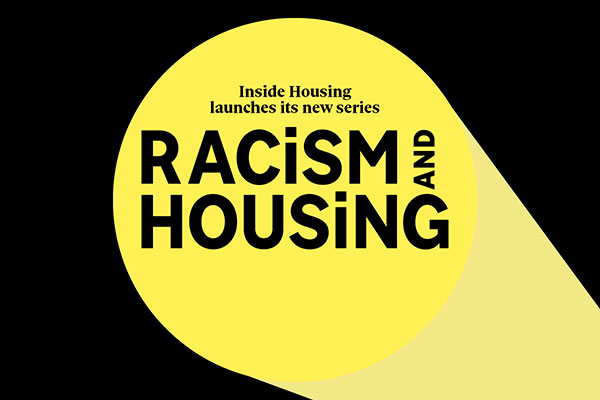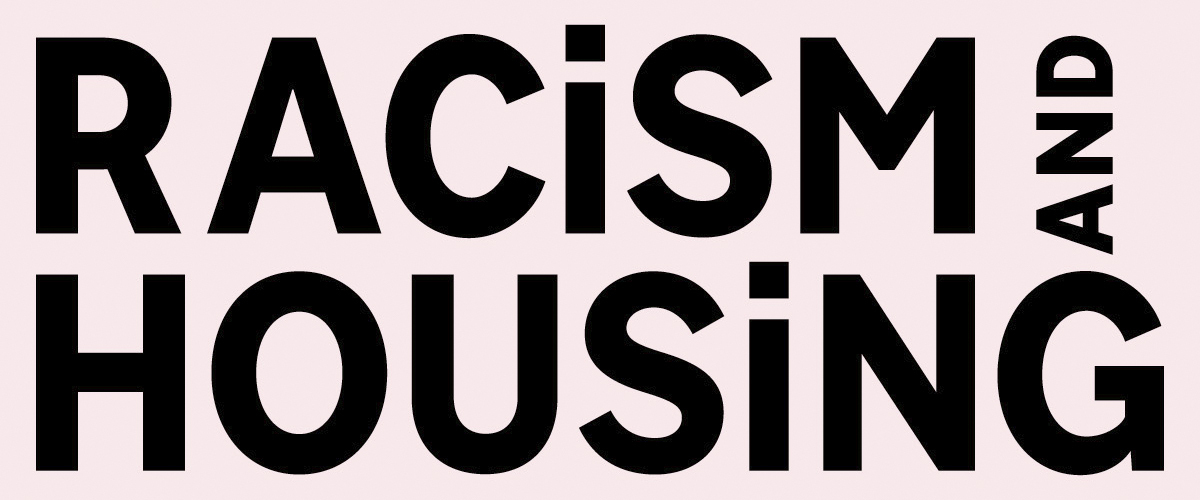You are viewing 1 of your 1 free articles

Why representation matters

We need to make the housing sector more representative, argues Tunde Hinton
We all have a job to do in order to make the housing sector more diverse and representative of its stakeholders – not just because it’s the right thing to do, but also because it’s good for business and customers.
There is so much untapped and unrealised talent because of the unconscious bias that permeates the workplace. If our organisations and our leaders don’t represent the whole population, then we’re all missing the point.
In this vein, I have been greatly encouraged by the wonderful work of Leadership 2025, which has dedicated itself to dismantling structural inequality within the housing sector.
It has been operating for three years, and thanks to its work there is now an expansive pool of incredibly able executives ready to step into chief executive and executive director roles. However, only time will tell how many of these talented candidates will actually get those roles.
These incentives and this direct support can go some way to help. But if after three years of work we have not seen much progress at the top and there is still a bottleneck of talent vying for these leadership roles, then it’s clear that something is seriously wrong. Something has to change.
We need to have some difficult conversations
I recently read a really well articulated article on CEO tenure and executive churn following a discussion among some key housing leaders.
The question raised was whether there was a need to set a fixed tenure for these positions, which would naturally increase churn, opening up opportunities for others to serve the industry. This would ensure that ‘stale’ leaders found themselves replaced by others who could provide the sort of fresh thinking that is required to adapt to a changing world.
The irony here is that the article only interviewed white chief executives. It would have been great to hear some more diverse perspectives on the issue. That aside, this is one example of structural change that can advance the cause.
“The housing sector is incredibly diverse. This is overwhelmingly a strength for us”
Similarly, I was somewhat surprised when I recently viewed an all-white shortlist for a NextGen competition in the sector. Putting aside the fantastic achievements of those who were shortlisted – and it’s unfortunate that they have been caught up in this.
But there is so much diverse talent in the lower and middle levels of housing organisations – perhaps even an oversaturation at these levels – that it is difficult to envisage how not a single nominee from a diverse background was shortlisted.
My post is not about apportioning blame here or calling people out, but it is only through having these difficult conversations that we will facilitate change throughout the sector.
Without wishing to labour the point, the housing sector is incredibly diverse. This is overwhelmingly a strength for us.
Here at Connex Leadership Networks, we ran a roundtable discussion (below) on unconscious bias in late 2020 and it became clear that we require a cultural movement against this, and which starts right at the top – at board level.
At the end of the day, if recruitment panels are simply going to continue selecting people who look like them, we’re never going to make any progress. Leaders need to be confronted with reality and take the issue of diversity and – more importantly – inclusion seriously.
Representation matters because it shows everyone that the system is inclusive and that no matter who you are, you can rise to the top.
Imagine a young Black woman starting out in housing back in the 1990s after leaving university. She’s incredibly passionate about working in the sector and takes up a junior role in an inner-city local authority. She has the talent, the work ethic and the resilience to climb up the ranks in the organisation, but doesn’t see a single example of someone who looks like her and who has achieved what she wants to achieve.
Every time an obstacle is in her path, there’s that little voice in the back of her head reminding her of that glaring omission. It doesn’t seem like an attainable goal. It seems completely out of reach for ‘someone like her’.
This is not something that we can allow to happen any longer. The wider social consciousness around this issue, sparked by the death of George Floyd and the Black Lives Matter protests that followed, offer us an opportunity to make a difference.
“The system cannot be dismantled and rebuilt without white allies in leadership positions who have the power to really move the needle”
For the first time in decades, we can speak about this topic more candidly and honestly – to bring it into the light so that we can do something about it.
Societal progress takes time, of course, but in the housing sector it simply hasn’t been happening fast enough. We need to see bold action from people who recognise the problem and are in a position to do something about it.
The system cannot be dismantled and rebuilt without white allies in leadership positions who have the power to really move the needle. It’s crucial that we get this support because it needs to be fixed from the inside out, rather than the outside in.
With appropriate cultural changes and organisational policies, we can start to right this wrong and move things to a more equitable standing. But it’s going to take courage, empathy and a willingness to stand up for what is fair.
Oh, and you remember that young Black woman I mentioned earlier? The dreamer?
That was me.
Tunde Hinton, founder and managing director, Connex Leadership Networks
Racism and Housing series
Inside Housing’s Racism and Housing series aims to investigate how race inequality and racism interact with and impact on housing – for tenants, for staff working in housing, and for organisations. It has been launched a year since George Floyd’s murder prompted a huge global wave of Black Lives Matter activism.
We will be publishing monthly investigations that look at racism, race and housing, both in terms of what is going wrong, and what actions that sector is taking to address this.
If you have an idea for a story relating to this campaign, please contact deputy editor (features) Jess McCabe, at jess.mccabe@insidehousing.co.uk.
The stories published so far include:
‘We had to abandon everything’: the story of Chan Kataria and the flight of the Ugandan Asians
Race and the cost of living crisis: the impact on social housing tenants
How to create an inclusive housing association: a conversation with Bal Kang
How Cardiff landlords are tackling under-representation
Why has diversity progress stalled?
How racism impacts homeless people
How planning is failing to address race inequality in housing
Race and allocation: who are the new tenants getting social housing, and is it equitable?
How to increase representation of ethnic minorities in senior roles
How race impacts on people’s likelihood of living in a damp home or experiencing fuel poverty













